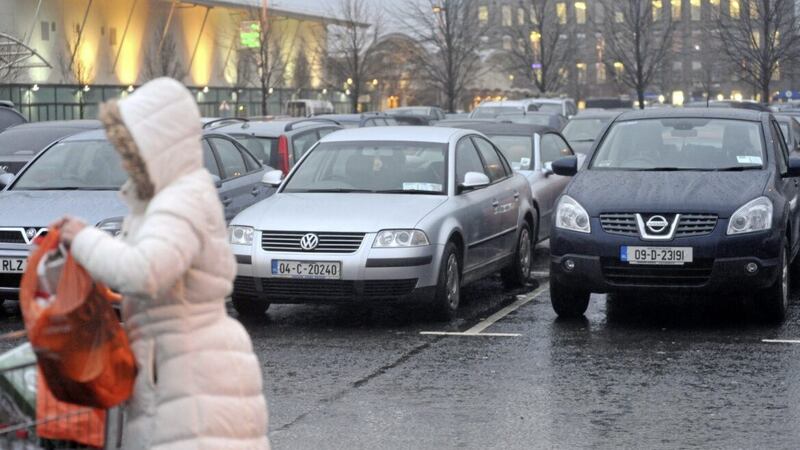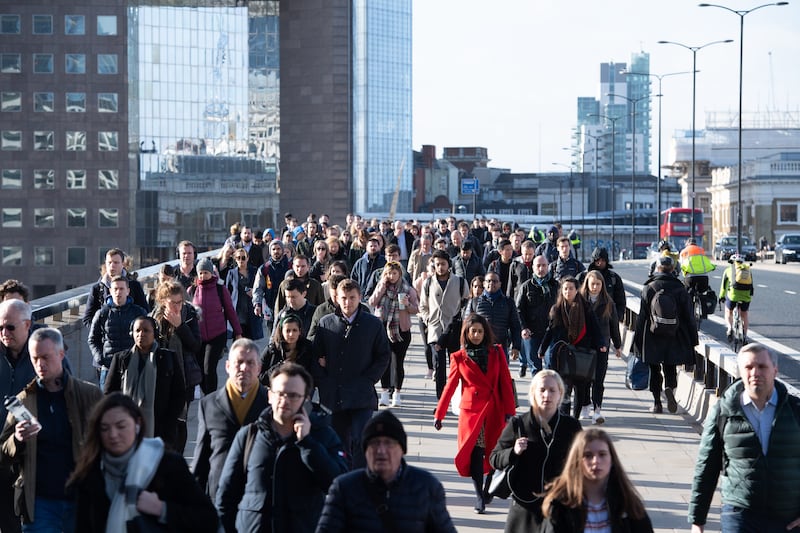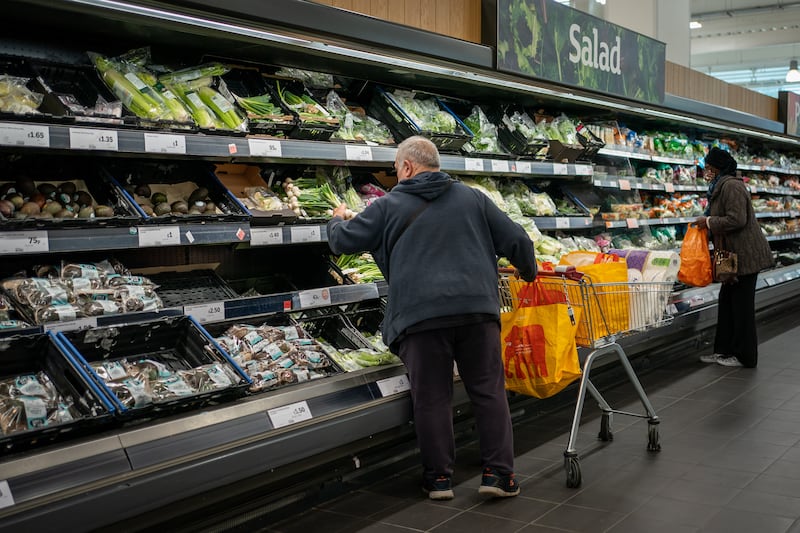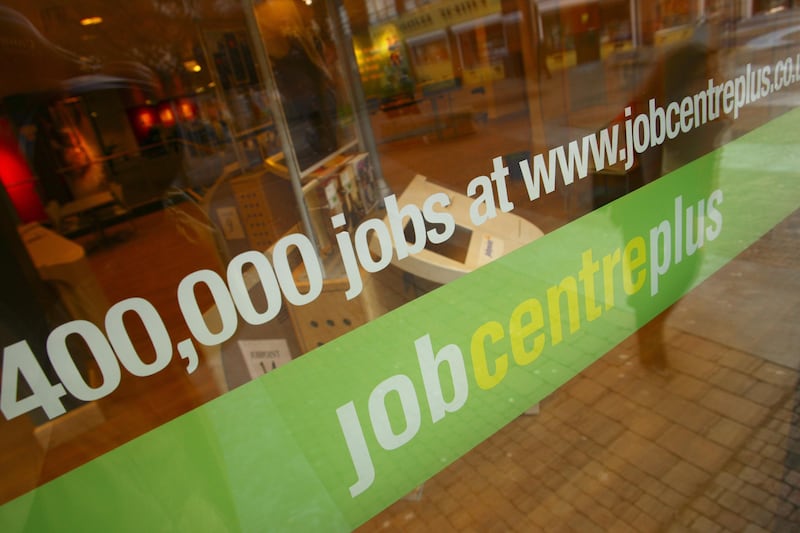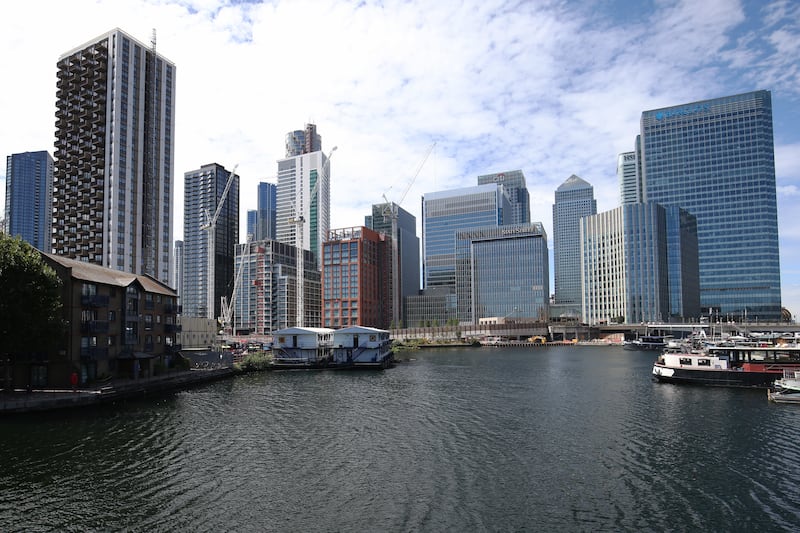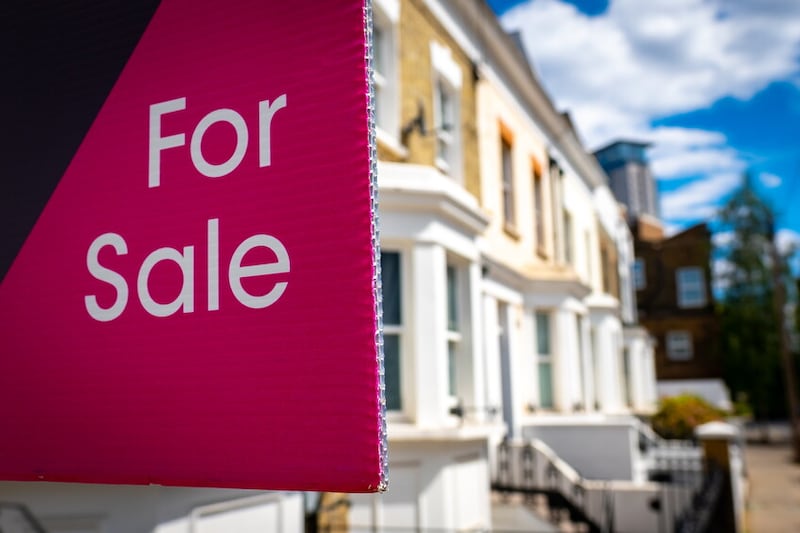IT will cost consumers and businesses more to borrow money after the Bank of England raised interest rates to a 14-year high.
The Monetary Policy Committee (MPC) hiked the rate from 3 per cent to 3.5 per cent, despite inflation easing.
The rise was slightly less than the 0.75 percentage point increase a month ago, and it split the committee, with three members voting for a different outcome, which could foreshadow a slowdown in increases next year.
Rates have been raised in every meeting since late last year when they were 0.1 per cent, as the Bank tries to get inflation under control.
The Bank also said the economy is now expected to do better in the final three months of 2022 than it had previously thought.
Gross domestic product (GDP) is forecast to fall by 0.1 per cent in the fourth quarter, compared with the previous forecast of a 0.3 per cent drop.
The figures come as latest data from NISRA suggests that the north's economy has dodged a technical recession (ie two successive quarters of contraction) due to marginal growth in the most recent three-month period
But output edging above the contraction mark rather than below it will be of little consolation to, or consequence for, households across Northern Ireland struggling to pay heating, electricity and food bills, according to Ulster Bank chief economist Richard Ramsey, who described the figures as "a selection box of sub-sectoral performance, some good and some bad".
Overall, marginal growth returned in the north in the third quarter of this year (0.1 per cent quarter on quarter) for private sector services compared to a fall in activity fell in Q2 (0.4 per cent q/q).
"But it is worth noting that services activity in Q3 remains 0.3 per cent below the Q1 2022 output peak, and the latest figures confirm that retail and households haven’t received the ‘no recession’ memo, with the specific Retail Sales Index posting its third quarterly decline in four quarters," Mr Ramsey said.
He added: "Year-on-year, Northern Ireland retail sales are down 5.3 per cent, and activity is 6.2 per cent below pre-pandemic levels. Retail sales levels are now at their lowest (outside of the pandemic) since at least the start of 2014.
"And this is even with the fact that, unlike in GB, retailers here are benefitting from ‘Southern Comfort’ due to a buoyant RoI economy.
"In fact, the RoI economy could in part be behind the stonking growth in other services, which includes personal services, health, beauty, dental, physio, hairdressing, laser eye surgery, tattoos etc. Output in this sub-sector is up 16.3 per cent year on year to a record high, with activity 13.6 per cent above pre-pandemic levels."
In the services sector as a whole, output is up just 0.4 per cent year-on-year. The NI index of services output is now 4.9 per cent above Q4-2019’s pre-pandemic level. Outside the consumer sensitive sectors of retail trade, car sales and hospitality, there is growth across the board.
The transport, storage, information and communication (TSIC) sector posted the strongest quarterly growth of the services sub-sectors (up 3.5 per cent and 12.8 per cent respectively).
"This category includes the mighty Kainos and other tech firms in areas such as cyber security, as well as the buoyant logistics sector. Activity in TSIC has never been higher. Similarly, business services & finance (banks, accountancy firms, estate agents, law firms etc) posted strong growth in quarter three - the highest level of activity since early-2009."
He added: "The figures are a mix of good and bad, and one of the big positives for the hard-hit consumer sensitive sectors is the performance of the Republic's economy.
"As always, observing the number of RoI registered cars in Northern Ireland shopping centre car parks will provide a useful barometer of this in the days, weeks and months ahead."
